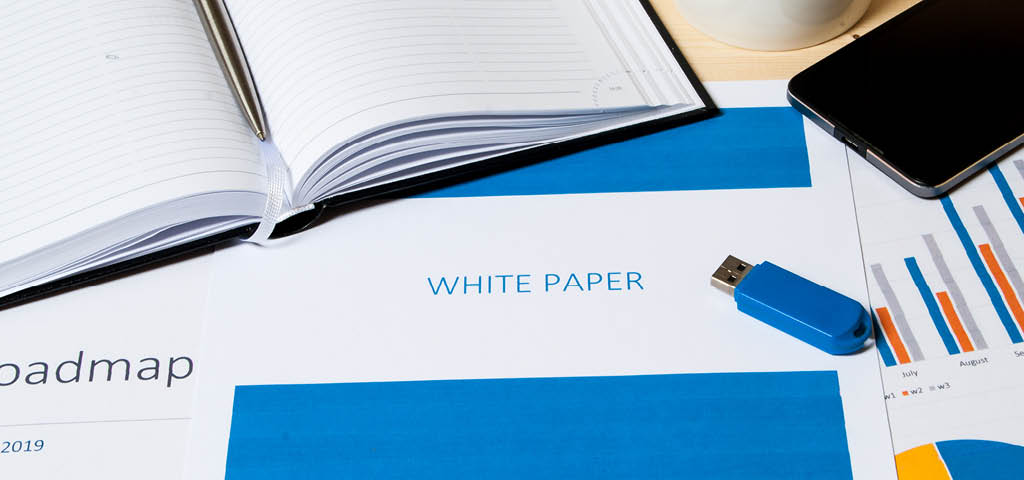A roadmap should provide a clear overview of the steps and actions required to implement a blockchain. One important feature that influences a blockchain roadmap is decentralization. To maintain the network information, as well as the rules for the operation of the entire network, the nodes distributed throughout the network use a specific consensus mechanism.
Decentralization is a mandatory element in a blockchain network, as it is the only way to ensure that a specific entity cannot control all systems or information or define the rules for transactions on the network.
For this reason, the “collaboration” factor is an important consideration for a blockchain roadmap strategy. This is because the collaboration that emerges depends on shared, valid data from all network participants. That means knowledge and skills in network fundamentals, data management, change management, governance, security and privacy, application integration, and maintenance are needed.









Leave A Comment
You must be logged in to post a comment.